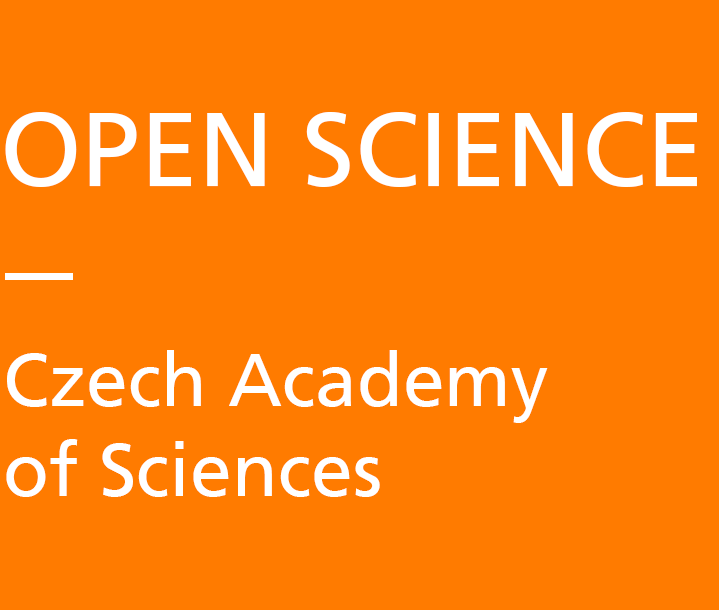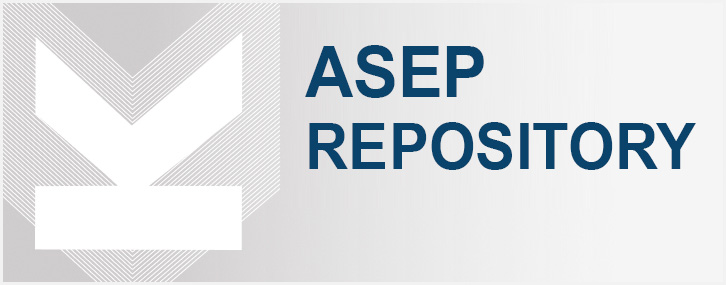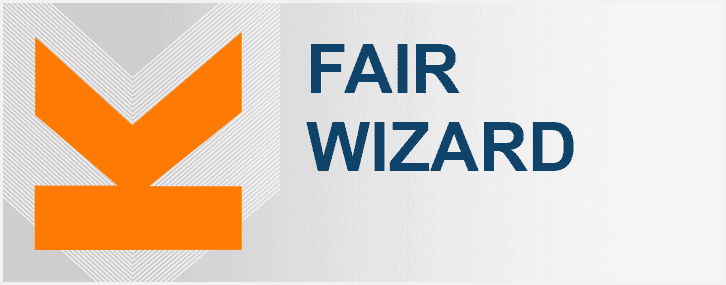Hackathon: Making Replications Count
When: October 22–24, 2025
Where: University of Münster, Germany
From October 22 to 24, 2025, the University of Münster in Germany will host the three-day Making Replications Count Hackathon, aimed at increasing the discoverability and visibility of replication studies in the social, behavioral, and cognitive sciences.
What are replications?
Replications involve repeating existing scientific studies to verify whether the original results hold in a different context or with a different group of participants. They help confirm the reliability of scientific findings and uncover potential errors. Despite their importance, replications remain rare, difficult to publish, and often hard to find – making research more challenging and slowing the progress of open, transparent science.
During the three-day hackathon, participants will focus on developing two key tools:
- Zotero Replication Checker – a Zotero plugin that alerts users when studies in their library have known replications.
- Preprint Bot – a tool that automatically notifies preprint authors about relevant replication studies they haven’t cited, helping increase the impact and visibility of these studies.
The hackathon is open to anyone who wants to contribute to more robust science – programmers (JavaScript, R, Python, APIs), data analysts, UX/UI specialists, and anyone who simply wants to use their coding skills to support open science. Thanks to funding from UK Research and Innovation (UKRI), travel and accommodation support is available, allowing participants from across Europe to join.
The hackathon is organized by FORRT (Framework for Open and Reproducible Research Training), an international initiative bringing together more than 500 contributors worldwide. FORRT has long supported open and reproducible science and runs the FORRT Replication Hub – an online platform that makes it easy to find, share, and use existing replications in research. Participants can thus look forward to collaborating closely with an international team, expanding their portfolios and GitHub with tangible tools, and receiving credit as contributors on project pages, FORRT pages, and in publications.
Registration is open until September 7, 2025. More information about the event can be found here.
Last updated on August 26, 2025


